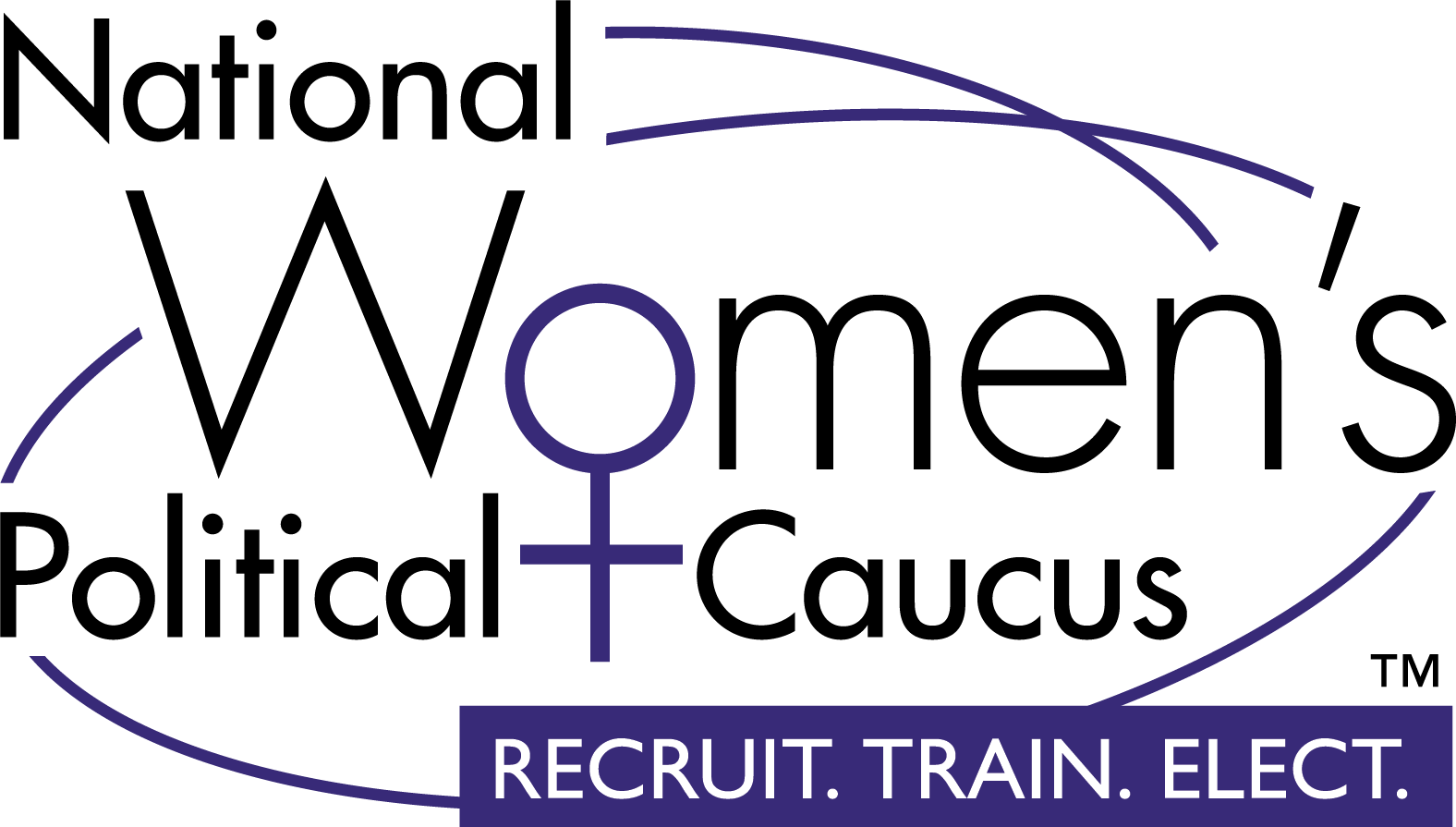By Dr. Carmen Schaye, NWPC Vice President of Diversity
Donald Trump may be battling unfavorable polls and an impeachment process but has certainly found time to deliver on the core policies of his base. A coalition of big-business interests (AT&T, Boeing, and Merrill Lynch, to name a few, are all multi-million dollar Trump donors) non-college-educated white men and right-wing evangelical Christians swept Trump to power in 2016 and he has made good on every promise made to them on the campaign trail. From building a wall on the southern border to attempting to get rid of Obamacare to the Holy Grail of the evangelical right: overturning Roe v Wade. That precedent, which seemed secure for decades, has been imperiled by a renewed push in red states and the accession to the supreme court of some of the most right-wing conservative justices in decades.
Last Friday, we saw the clearest signal yet that the Supreme Court has women’s rights in its crosshairs: it agreed to hear June Medical Services v Gee, a case brought against a Louisiana law requiring abortion providers to obtain admitting privileges at a hospital within 30 miles. A case practically identical to this (Whole Women’s Health v Hellerstedt) had already been ruled on by the Supreme Court in 2016 before Justice Kennedy had been replaced by Brett Kavanaugh, tilting the Court’s balance to the conservatives.
While Justice Thomas sided with the liberal wing in suspending the Louisiana law, pending a Supreme Court decision, his dissenting opinion in the original case was scathing. He made it clear he believed the liberal majority was flouting precedent, saying of the decision that “the nation had lost something essential.” It is quite clear that this new case represents a re-do.
All of which leads us to the question of why conservatives want to abolish a woman’s right to choose:
“The cure for poverty has a name, in fact: it’s called the empowerment of women. If you give women some control over the rate at which they reproduce, if you give them some say, take them off the animal cycle of reproduction to which nature and some doctrine—religious doctrine condemns them… the floor of everything in that village, not just poverty, but education, health, and optimism will increase.”
Christopher Hitchens, the legendary iconoclast journalist, speaking in 2011 and neatly summing up the lens through which attempts to suppress women’s reproductive rights should be viewed. It is only through a proper understanding of these principles that the conservative motivation for rights suppression becomes clear. A well-educated, healthy, and empowered population is both difficult to govern and does not serve the interests of the existing power structure. Furthermore, the large-scale incursion of women into the workplace (for decades an exclusively male domain,) has led to increased competition for power, wealth and status within society and conservatives are seizing the opportunity to re-take this ground after several decades on the retreat.
As usual, it is the religious right that has been the loudest voice in the broader, conservative charge to abolish Roe v Wade. Church attendance is down and falling fast and those professing no religious faith at all make up the fastest-growing “religious group” in the country. Evangelical TV and radio stations give out the same message: they feel under attack and increasingly insecure in an increasingly secular nation. Their enemy is education. According to the Pew Research Center, there is a clear and direct correlation between a person’s level of education and their religious belief (among college grads, 46% “say religion was very important in their lives” compared to 58% among those with “high school or less”). An educated mind is more apt to question and criticize and, as Karl Marx wrote: “Criticism has plucked the imaginary flowers on the chain not in order that man shall continue to bear that chain without fantasy or consolation, but so that he shall throw off the chain and pluck the living flower.” Knowledge, as they say, is power and by taking away a woman’s right to choose and thereby keeping more women tied to “the animal cycle of reproduction,” conservative, religious groups are seeking to prevent the emergence of a more empowered, better-educated population.
It would be naive in the extreme not to notice the significance of race in this fight. According to the Centers for Disease Control and Prevention, a Hispanic woman is twice as likely to have an abortion than a white woman, with African-American women that number goes up to five times as likely. The point is that these measures will disproportionately affect women of color and that this is deliberate. Much like the Reagan era drug laws, the conservative establishment has always sought legislation that, while neutral on paper, disproportionally impacts communities of color. They have consistently worked towards their goal of blocking the path to education, empowerment, and prosperity.
The Supreme Court and indeed the fight for a woman’s right to choose is merely the latest battleground for ages-old ideological warfare. The “haves,” (almost exclusively men and, in modern history, predominantly white) at the top of the pyramid, want to stay there; the “have-nots” (women and people of color) want to climb up. Education is and always has been, the most sure-fire path to social elevation. In an era where levels of education have been steadily improving, church attendance steadily falling and competition at the top echelons of the economic pyramid steadily increasing, it is little wonder that conservative forces are looking for any opportunity for a counter-offensive. The fight against abortion rights is simply another battle in this ongoing war.
There is only one way to resist this fundamental challenge to our rights: engagement. Continued participation in the debate, writing to and voting for progressive candidates and vocally encouraging others to do likewise is the only way. It is vital to realize, not only that we hold the keys to our own emancipation in our hands, but that we must also be active in their use.

